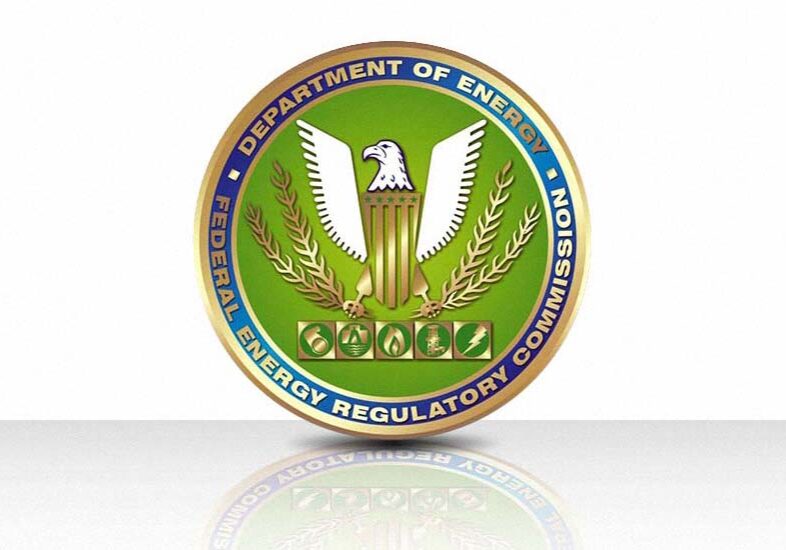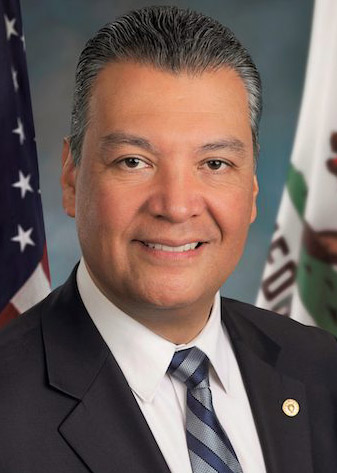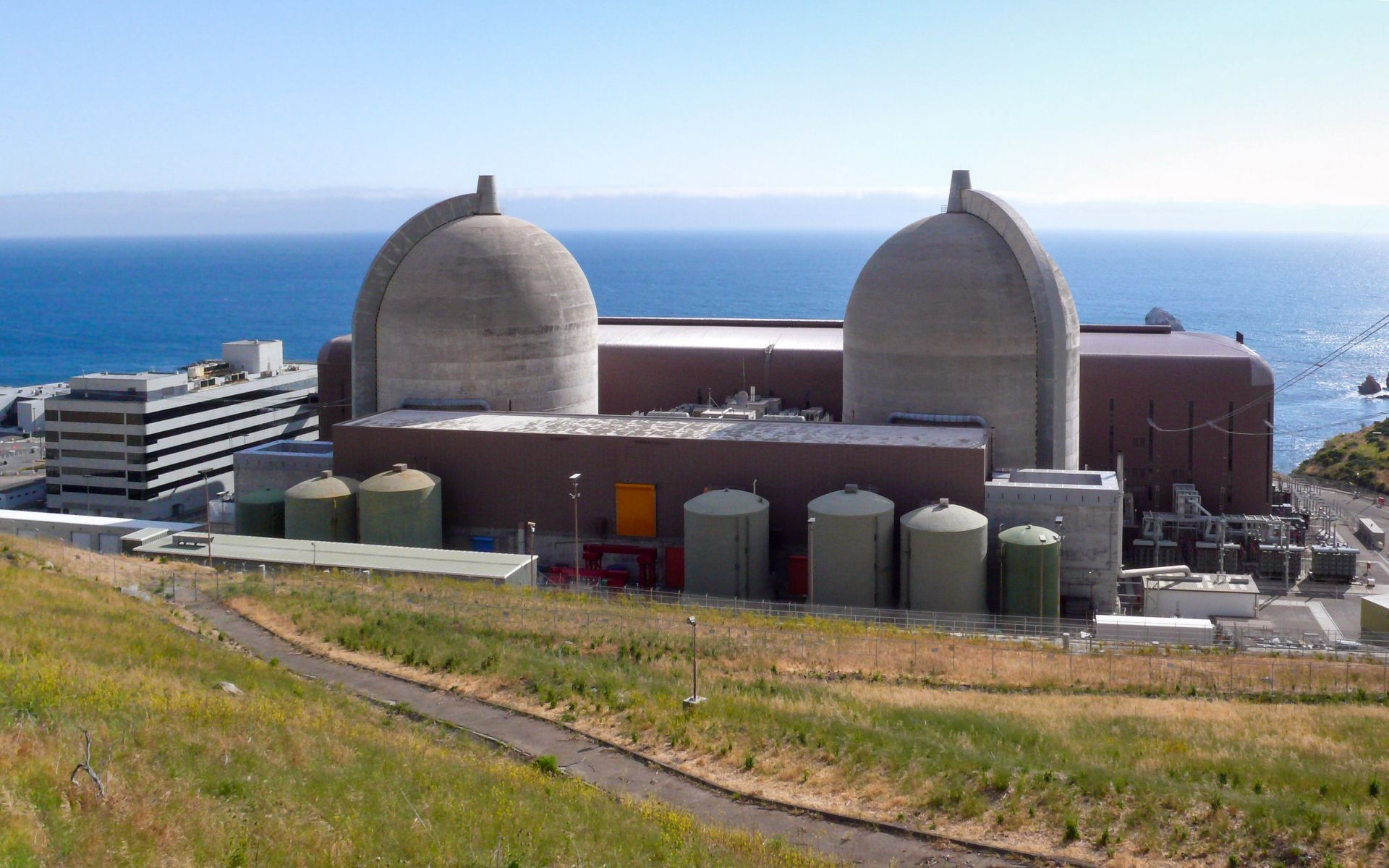NRC amends fees for FY 2024
The Nuclear Regulatory Commission is amending regulations for the licensing, inspection, special projects, and annual fees it will charge applicants and licensees for fiscal year 2024.

A message from Westinghouse Electric Company Parts Business
Westinghouse delivers advanced, plug-in-ready power supply solutions that eliminate obsolescence and keep nuclear plants running safely, reliably, and future-ready.
The Nuclear Regulatory Commission is amending regulations for the licensing, inspection, special projects, and annual fees it will charge applicants and licensees for fiscal year 2024.
The U.S. Senate yesterday passed the Accelerating Deployment of Versatile, Advanced Nuclear for Clean Energy (ADVANCE) Act, sending legislation that would make sweeping changes to the approval process for new technology in the nuclear energy sector to President Biden for final approval.
The legislation passed with an overwhelming majority in the Senate—the vote was 88–2—having cleared the House of Representatives in May.

The U.S. Senate voted last week to put three new members on the Federal Energy Regulatory Commission, a bipartisan energy oversight board.
The chamber confirmed the nominations of Republican Lindsay See and Democrats David Rosner and Judy Chang. The votes on the nominations were 86–9, 68–26 and 63–33, respectively.
The staff of the Nuclear Regulatory Commission have sent a proposed rule covering the disposal of low-level radioactive waste to the agency’s commissioners for approval. The proposed rule would amend NRC regulations to require new and revised site-specific technical analyses and permit the development of site-specific criteria for LLW disposal. It would also authorize the near-surface disposal of certain greater-than-Class-C (GTCC) waste streams and provide for the licensing of those waste streams by NRC Agreement States.

Texans are likely to experience intermittent power outages this summer, according to an analysis by the Electric Reliability Council of Texas.
Members of ERCOT, the Public Utility Commission of Texas (PUCT), and others from the energy industry spoke to the state’s House of Representatives’ Committee on State Affairs earlier this week. ERCOT’s newest report indicates a 16 percent chance of an electric grid emergency and a 12 percent chance of rolling blackouts in August—likely occurring on nights when there is low wind power production.
Nuclear energy advocates attended a White House summit today on domestic nuclear deployment and will help advise a new federal initiative to support building new grid-scale nuclear reactors.
The event showcased recent policy developments and new industry investments that have changed the playing field—for the better—for nuclear during the past few years. The White House is calling it “the largest sustained push to accelerate civil nuclear deployment in the United States in nearly five decades.”
The Nuclear Regulatory Commission is issuing a final rule and corresponding update to the generic environmental impact statement (GEIS) the agency uses when considering applications to renew the operating licenses of nuclear power reactors. All four current NRC commissioners voted to approve the rule on May 16.
A bill being considered in the U.S. Senate seeks to remove the requirement for the Nuclear Regulatory Commission to hold a public hearing for every nuclear reactor application.
Current law requires public hearings to be held by the NRC toward the end the reactor license application process, in addition to the statutorily required environmental and safety reviews that provide public engagement opportunities for stakeholders and citizens.

Padilla
Sen. Alex Padilla (D., Calif.) introduced the Fusion Energy Act (S. 4151) last month with a bipartisan group of cosponsors—John Cornyn (R., Texas), Cory Booker (D., N.J.), Todd Young (R., Ind.), and Patty Murray (D., Wash.). The legislation would codify the Nuclear Regulatory Commission’s regulatory authority over commercial fusion energy systems to streamline the creation of clear federal regulations that will support the development of commercial fusion power plants—and would require a report within one year on a study of risk- and performance-based, design-specific licensing frameworks for “mass-manufactured fusion machines.”
“Congress must do everything in its power to ensure continued U.S. leadership in developing commercial fusion energy facilities,” said Padilla as he introduced the bill. “The Fusion Energy Act would provide regulatory certainty for investors as the NRC develops and streamlines frameworks for such facilities.”

The U.S. Senate approved April 30—by unanimous consent—a bill banning the importation of Russian uranium. The House of Representatives passed the bill, House Resolution 1042, last fall, and now President Biden is expected to sign it into law.

A review from the Ninth Circuit Court of Appeals this week denied a challenge to the Diablo Canyon nuclear plant’s license renewal application extension granted by the federal government.
In late 2023, the Nuclear Regulatory Commission agreed to formally docket the California plant’s request to extend plant operations beyond the current license expiration dates of 2024 and 2025 for the two respective units.
The Nuclear Regulatory Commission is issuing a proposed generic environmental impact statement (GEIS) for use in reviewing applications for new nuclear reactors.
In an April 17 memo, NRC secretary Carrie Safford wrote that the commission approved NRC staff’s recommendation to publish in the Federal Register a proposed rule amending 10 CFR Part 51, “Environmental Protection Regulations for Domestic Licensing and Related Regulatory Functions.”
Is a new generic repository standard on the horizon?
Funding in President Biden’s proposed fiscal year 2025 budget may signal movement toward the promulgation of a new generic Environmental Protection Agency standard for high-level nuclear waste repositories in the United States.

Beshear
Kentucky Gov. Andy Beshear vetoed legislation last week that would have supported a push to bring nuclear energy to the Bluegrass State.
The governor said his objection to Senate Bill 198 is due to how voting members for the Kentucky Nuclear Energy Development Authority would be selected—and that it is not a reflection on his views toward nuclear power. The bill as written would designate members of the board from the private sector, bypassing the appointment authority of the governor or other state constitutional officers.
“The legislature can’t just say, ’You in this position in the private sector and you in that position on a private sector association are automatically on a board,’ and then [be] given governing authority,” Beshear said at a news conference. “That’s not the way the executive branch works, not the way that the power can be delegated to carry out the law.”

Craig Piercy
cpiercy@ans.org
The U.S. Nuclear Regulatory Commission’s Regulatory Information Conference—“the RIC” as it’s commonly known—is an annual rite of spring for many nuclear energy professionals. Each year, 2,000 industry people crowd into the Montgomery County Conference Center to hear the commissioners give their annual plenary speeches, attend technical sessions on regulatory topics, and kibitz with friends in the expansive foyer during breaks.
And as always, there are two distinct conversations at the RIC: the one that emanates from the stage, and the other that unfurls organically in the hallways. The official conversation is in the public record for anyone to read or watch. The hallway topic du jour this year was Part 53 of Title 10 of the Code of Federal Regulations, of course—specifically, the Staff Requirements Memo (SRM) handed down by the commission the week before that instructed staff to produce a new proposed rule for public comment and set a six-month countdown clock to finish it.
The Department of Energy issued new guidance this week for converting coal-fired plants to nuclear units—an idea that has gained traction in recent years as the United States looks to cut carbon emissions.
A 2022 DOE study found potential for more than 300 coal-to-nuclear conversions across the country. While the process is complex, it would result in significant environmental and reliability benefits to the grid.
Kentucky’s Republican-majority legislature passed a bill this past week that could bring nuclear energy to the “coal-is-king” state as lawmakers broadly seek solutions to reduce carbon emissions. The bill went to Democratic Gov. Andrew Beshear on Monday for final approval.
Nuclear Science and Technology professionals share thoughts on repowering Palisades nuclear power plant
WASHINGTON, D.C. — The American Nuclear Society (ANS), a nonprofit representing over 10,000 professionals in the fields of nuclear science and technology, issued the following statements regarding today’s announcement of a $1.5 billion loan guarantee from the U.S. Department of Energy (DOE) for repowering the shuttered Palisades nuclear power plant in Covert Township, Michigan.
A minibus appropriations bill—the second produced this month by Congress—emerged from conference negotiations yesterday with language that would extend the Price-Anderson Act—legislation first enacted in 1954 that makes it possible for nuclear power producers to seek insurance from the private marketplace. Today the House of Representatives voted 286–134 to approve the minibus package of six fiscal year 2024 appropriations bills, and the Senate is expected to vote today, too. By extending the Price-Anderson Act—now set to expire in 2025—Congress can support the current U.S. power reactor fleet and pave the way for new reactor deployments.

International leaders and government representatives from nations that are operating or interested in operating nuclear power plants adopted a Nuclear Energy Declaration on March 21 at the first-ever Nuclear Energy Summit, hosted by the International Atomic Energy Agency and the Belgian government in Brussels, Belgium.